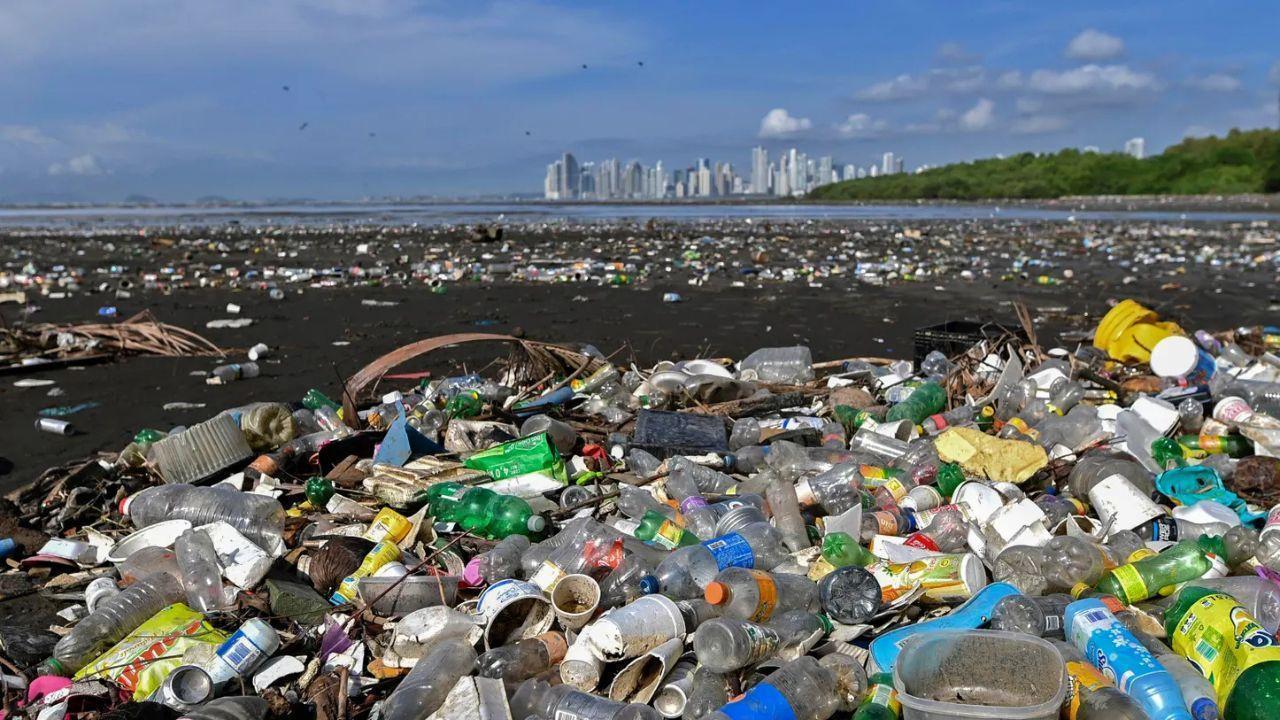
Post by : Saif Al-Najjar
Plastic is everywhere. In the water we drink. On the land we walk. Even in the food we eat. But many people do not stop to think about what plastic pollution means for our planet, our health, and our future. This article explains in simple, clear language what the plastic pollution crisis is, how bad it has become, what harm it causes, and what we can all do to help.
What is Plastic Pollution?
Plastic pollution happens when plastic objects or tiny bits of plastic end up where they should not be — in nature, in rivers, in seas, on beaches, in soil, and in the air. These plastics can come from many sources: single-use bags, bottles, packaging, broken plastic parts, discarded face masks, and more. Some plastics are large and visible. Others break down over time into very small particles called microplastics or nanoplastics. Once plastic enters the natural world, it is very hard to remove.
How Much Plastic Waste is Made?
Every year, the world produces hundreds of millions of tonnes of plastic. In 1950, the plastic made was about 2 million tonnes. Now the number is more than 400 million tonnes per year.
Only about 9–10% of all plastic waste ever produced is recycled. The rest ends up in landfills, burned, or lost into the environment.
Every year, millions of tonnes of plastic escape into the oceans. Some estimates say about 8 to 11 million tonnes each year.
Why is Plastic Pollution a Big Problem?
1. Harm to Wildlife
Animals can eat plastic or get tangled in it. Birds, fish, turtles, whales all suffer. Sometimes plastic blocks their stomachs, making them feel full when they are not, so they stop eating real food. Some die because of that.
Microplastics may also be eaten by small creatures at the bottom of the food chain. Then these plastics move up through the chain, reaching larger animals.
2. Harm to Human Health
Plastic is not just a problem for animals. It is also a problem for people:
Tiny plastic particles are now found in drinking water, air, soil, even inside our bodies (blood, organs) in some studies.
Many plastics are made with harmful chemicals. These chemicals may affect human health. For example, some can change how hormones work, or may cause diseases.
3. Damage to Environment
Plastic pollution affects ecosystems:
Rivers and seas get clogged or polluted. Beaches become dirty. Plastic can damage coral reefs.
Plastic does not fully break down. Even when it appears to decompose, it becomes microplastics that remain for many years.
Plastic production itself often creates pollution and uses fossil fuels (oil, gas). This adds to climate change.
What is Causing the Crisis?
Several things have made plastic pollution worse:
Single-use plastics: Items used once (like plastic bags, wrappers, disposable bottles) are made in big numbers, used a short time, then thrown away.
Poor waste systems: Many places do not have good ways to collect, treat, or recycle waste. Waste can leak into rivers, oceans, or burn in open air.
Low recycling: Less than ten percent of plastic is recycled. Recycling is often hard, expensive, or not available enough.
Growing plastic production: Production keeps growing. Without strong rules, more plastic means more waste and more pollution.
Recent Findings and Global Response
A health study says that plastic pollution causes USD 1.5 trillion (a very large amount) in health damage every year. This includes illness caused by chemicals, breathing polluted air, and exposure to microplastics.
Only about 9.5% of plastic made in 2022 was from recycled material. That means most plastic is new, made from oil or coal.
Countries have tried to make a global plastic treaty (a binding international agreement) to reduce plastic production, limit harmful chemicals, and improve waste handling. But recent talks have failed because some countries do not agree on how much to limit plastic production.
What Must Be Done: Solutions
Here are ideas and steps that can help us solve this crisis. We all—governments, companies, communities, and individuals—have roles.
Reduce plastic use
Use less single-use plastic. For example, carry cloth bags, use refillable bottles, avoid plastic straws.
Choose alternatives: paper, glass, metal, or biodegradable materials when possible.
Improve waste management
Better collection, sorting, recycling systems so plastic does not escape into nature.
Avoid burning plastic in open air. Controlled waste treatment is better.
Safe disposal of plastic waste.
Stronger rules and laws
Governments can make laws to limit certain plastics or plastic items.
Cities and countries can ban or tax single-use plastic products.
Rules needed for producers to use safer chemicals, make plastic products easier to recycle.
Global cooperation
All countries need to work together. Plastic flows across borders via rivers and oceans.
A treaty or agreement can help set global standards.
Sharing best practices, technology, and funds from richer countries to poorer ones.
Awareness and education
Teach children and adults about plastic pollution — why it is harmful, what each person can do.
Media, schools, community groups can spread simple messages: “reduce, reuse, recycle”.
Why It Matters for You
You might think that plastic pollution is far away, but it affects everyone:
We eat fish. If fish eat plastic or have microplastics inside, it can come back to us.
We drink water. Polluted water with microplastics or harmful chemicals may be unsafe.
Our health. Pollution in air or soil can cause health troubles over time.
Future generations. If we do not act, our children and grandchildren may face worse conditions — dirtier water, more illness, loss of wildlife, damage to food sources.
The plastic pollution crisis is real and growing. It harms wildlife, the environment, human health, and costs a lot of money. But solutions exist. We do not need perfect answers right away; even small steps matter. If each one of us tries to reduce plastic use, recycle better, support laws for plastic safety, and demand change, we can slow and maybe reverse this crisis.
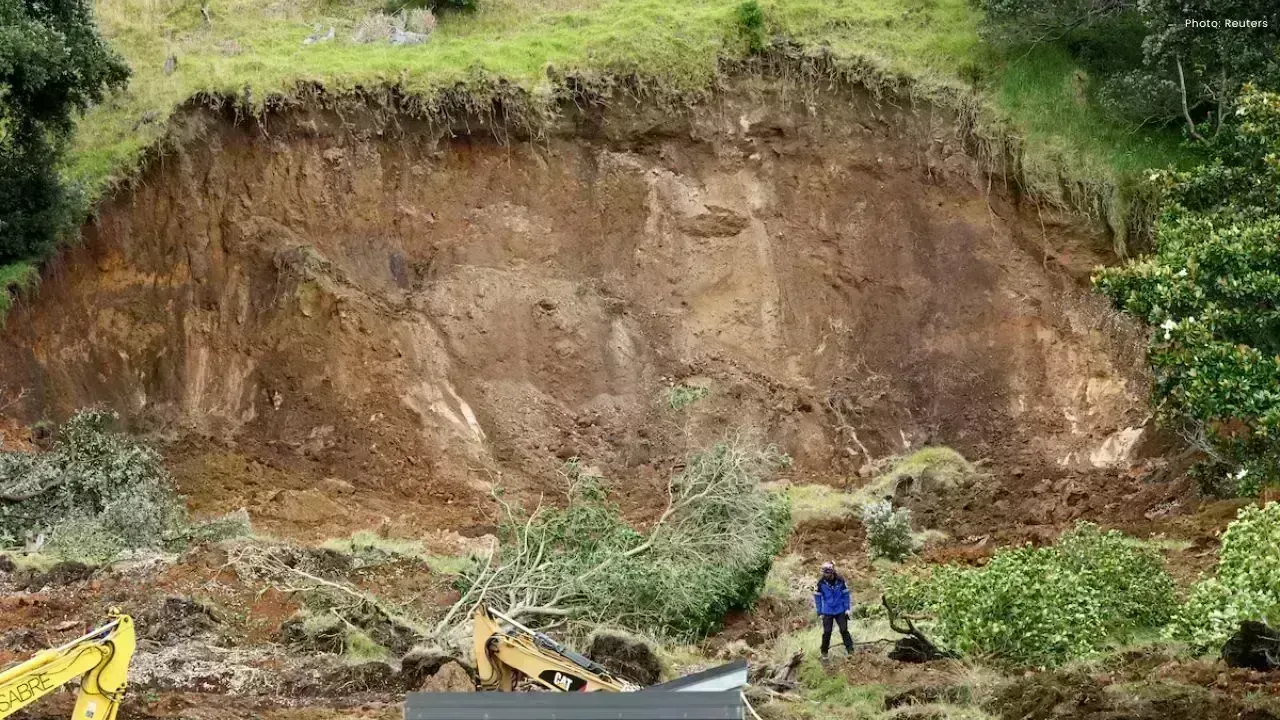

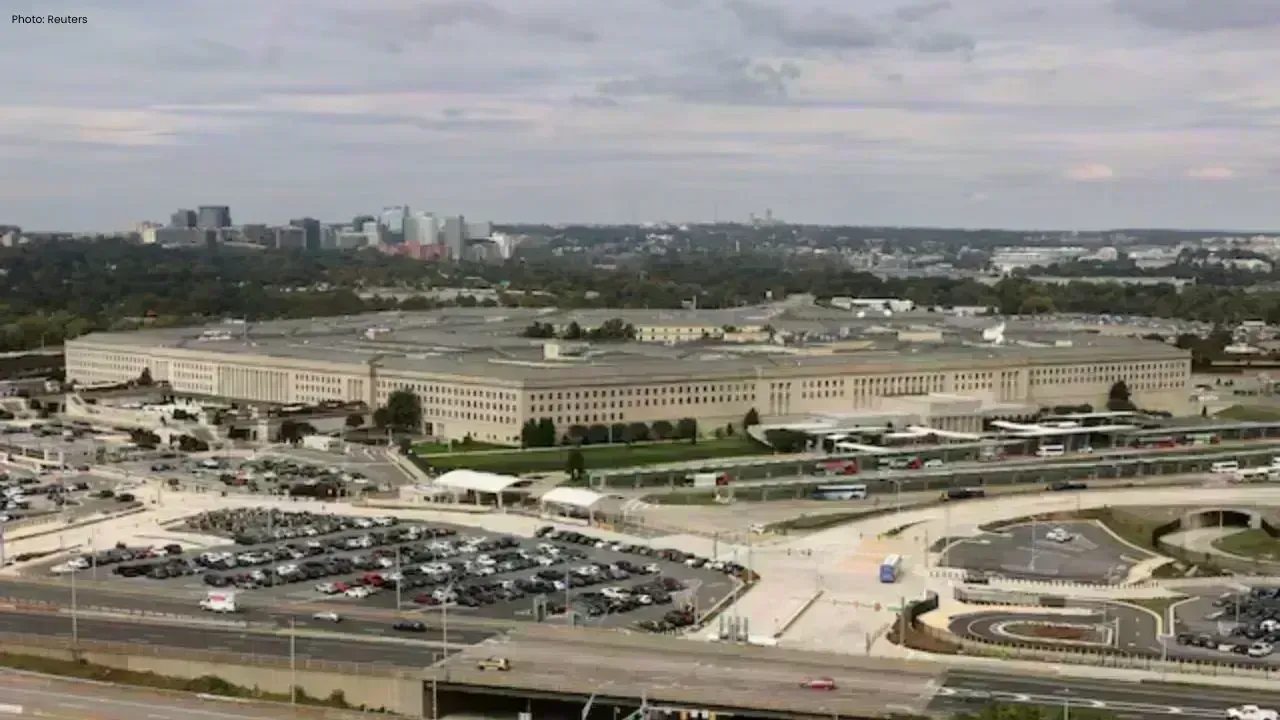
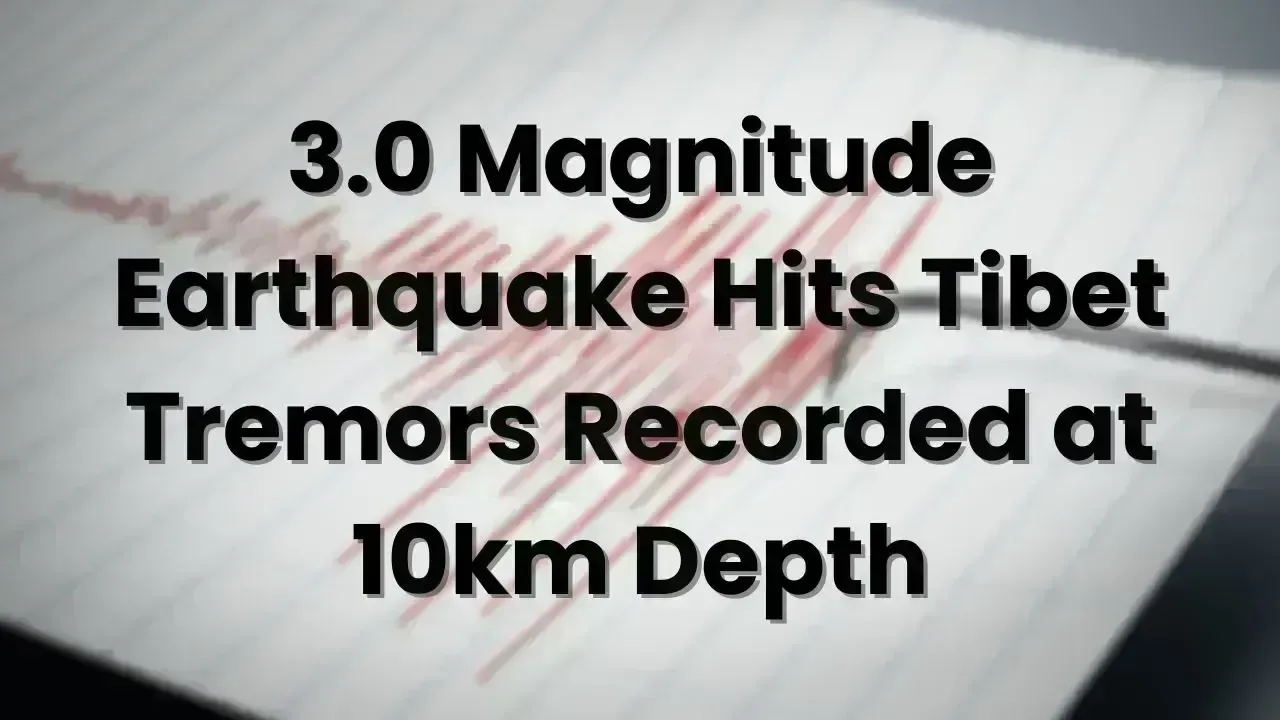
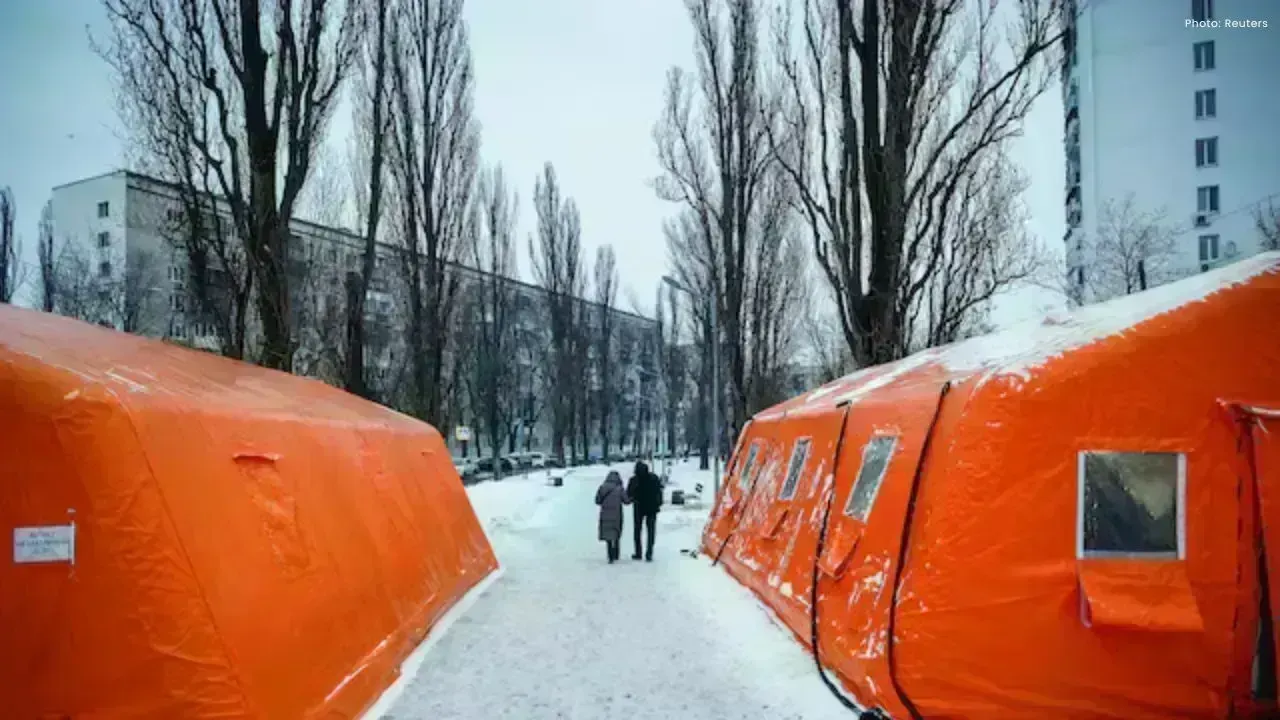
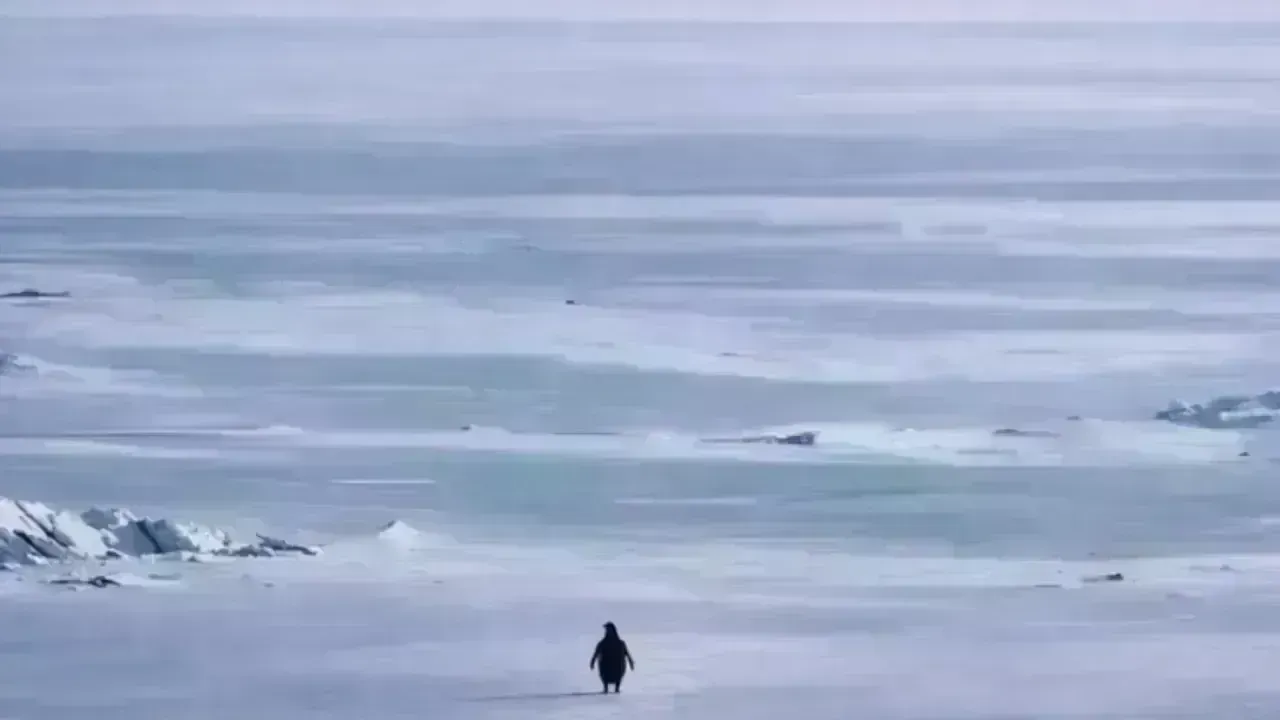
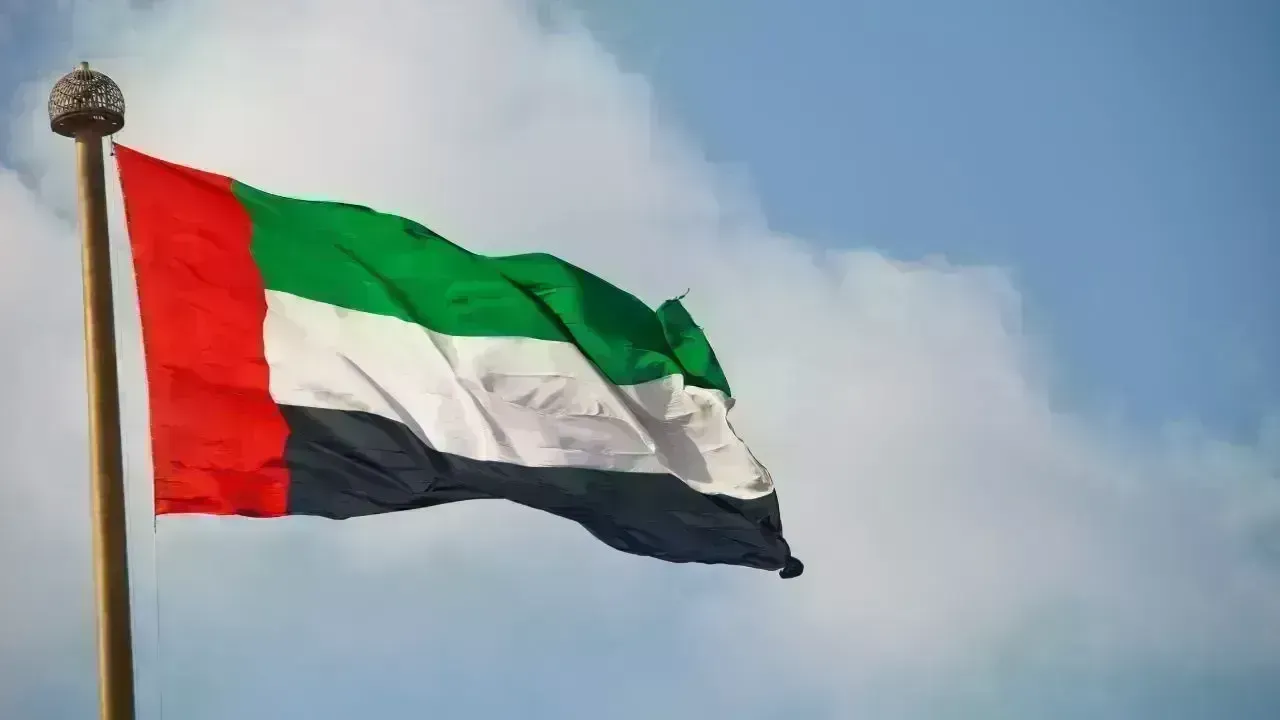
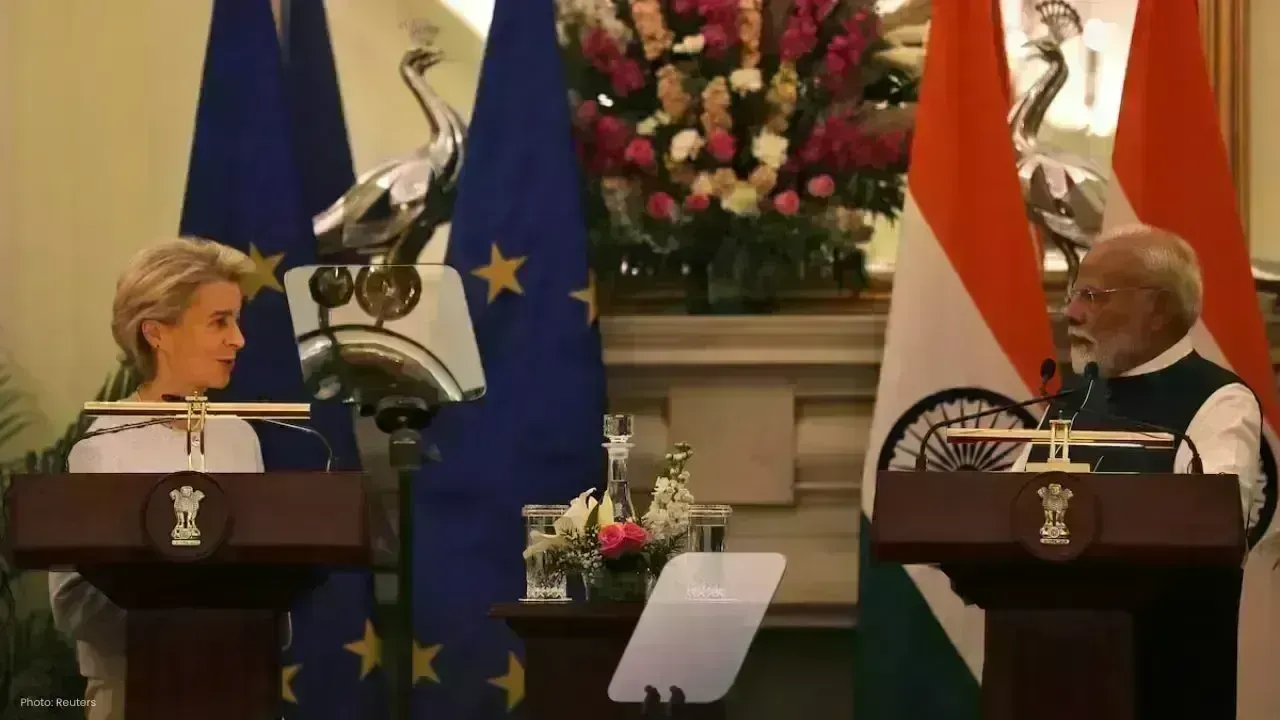
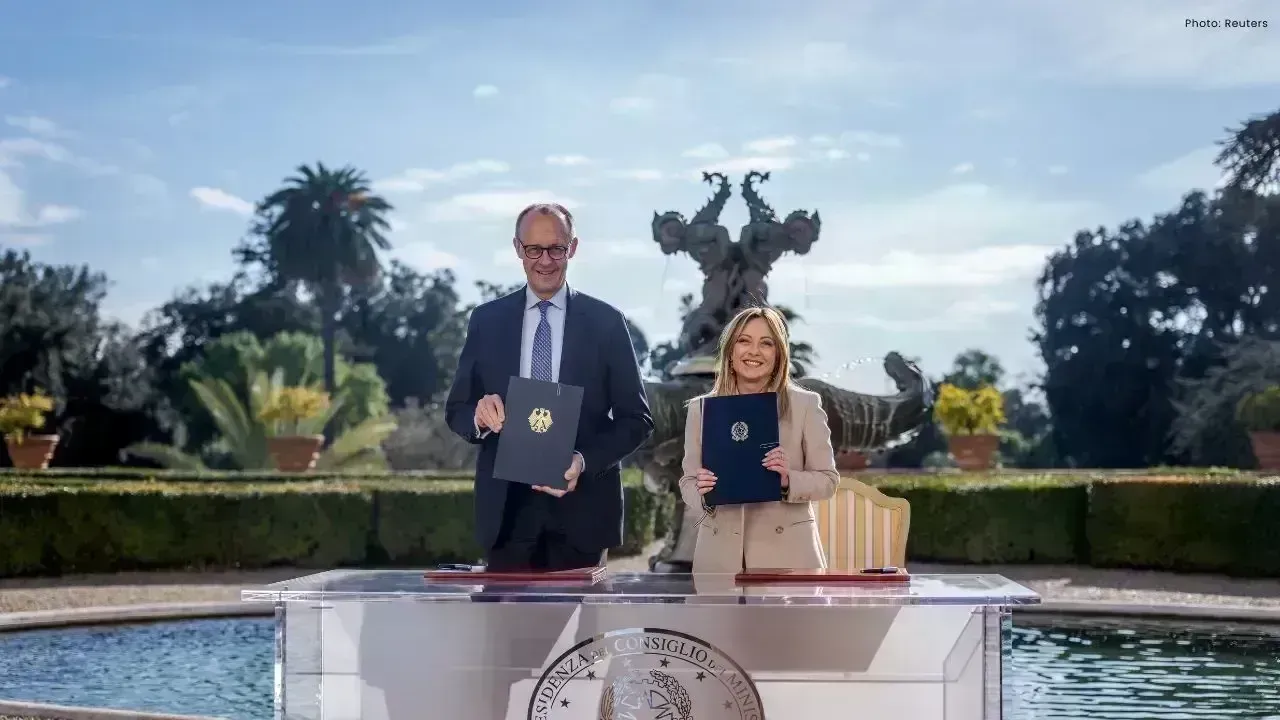

Georgia Shooting Claims Four Lives, One Indian National Among Victims
A Georgia shooting linked to a family dispute has left four individuals dead, including an Indian na
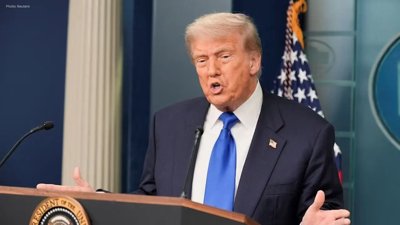
Trump Criticizes Canada Over Missile Defense Project
Trump condemned Canada for declining the 'Golden Dome' missile defense, warning of potential Chinese

Celtics Clinch Victory Over Nets in Double Overtime Showdown
In an intense double overtime match, the Celtics triumphed over the Nets, 130-126, thanks to Payton

Indian National Found Dead at Phuket Music Festival Amid Unexplained Circumstances
An Indian man tragically passed away at a music festival in Phuket, prompting investigations into th

Manchester City Secures Marc Guehi from Crystal Palace
Manchester City clinches a £20m deal for defender Marc Guehi from Crystal Palace, enhancing their sq
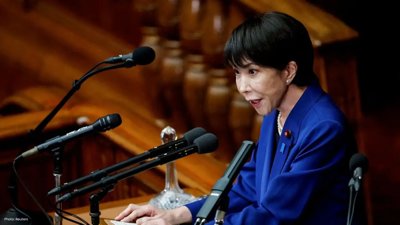
Japan's Early Election Triggers Surge in Bond Yields Amid Financial Unease
PM Takaichi's snap election aims to boost inflation; bond yields rise sharply as concerns over debt